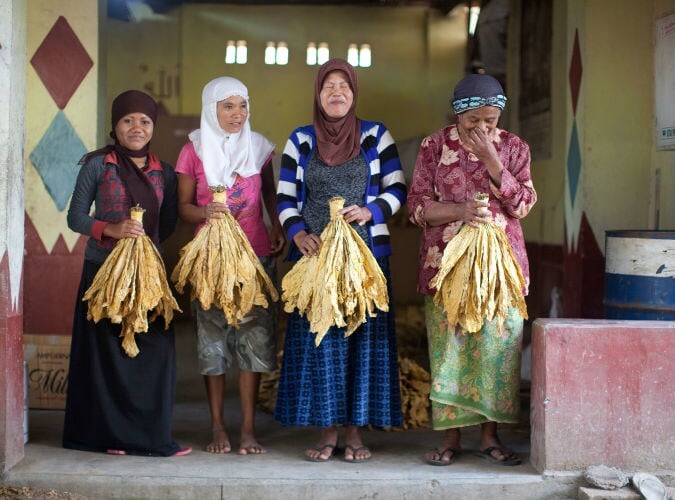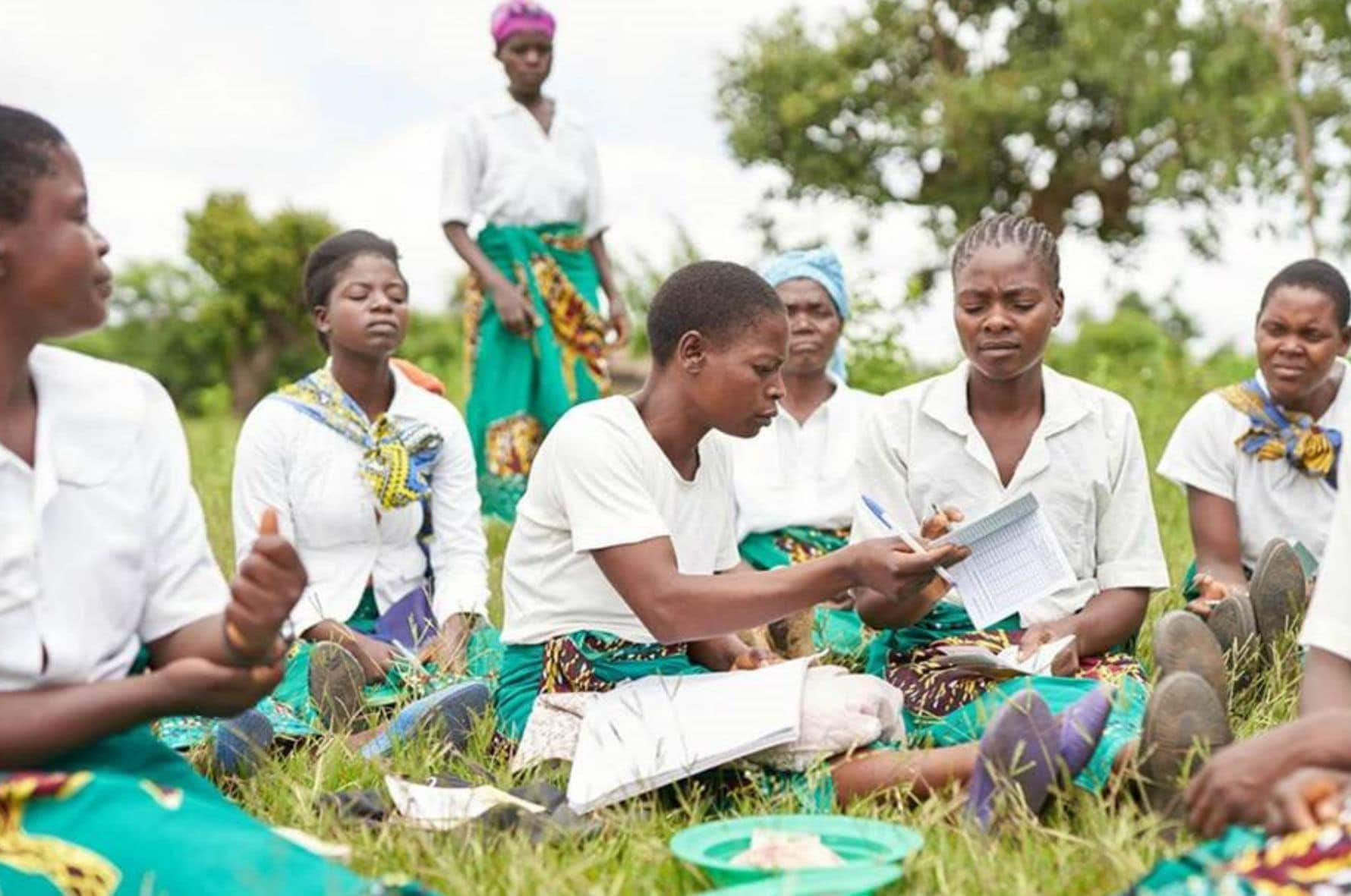The important role women play in driving change in our society is undeniable. But, in many aspects of life, inequality is still prevalent. In tobacco farming, women often face structural and cultural barriers. These include gender gaps in earnings, financial inclusion and access to credit, employment segmentation, and uneven opportunities for training or technical support.
Since the inception of Philip Morris International’s (PMI) Agricultural Labor Practices (ALP) program, a key element has been equality, and fair treatment for all. This has been implemented in the countries we source tobacco from since 2011, and further evolved in 2018, when we initiated our ‘Step Change’ approach.
Through this approach, we look to identify the most prevalent and persistent causes of issues in our tobacco supply chain. This knowledge can then be applied to strengthen the mechanisms used to tackle them sustainably. Women can play an important role in improving economic conditions for each household – and can therefore help to eliminate instances of child labor and other societal issues. The Step Change approach has helped to strengthen this role.

We included women’s empowerment as one of the 10 principles for our Step Change approach. In 2019, we began to implement an ambitious action plan in several priority countries, ensuring women stayed at the heart of the implementation.
“I had the opportunity to lead the ALP program for many years,” says Laurence Ruffieux, PMI’s Director of Operations Sustainability. “It focuses on empowering women in our tobacco supply chain so that they can become agents of change and bring positive impact in their households and communities. Our ultimate goal is to eradicate poverty and eliminate child labor in our tobacco supply chain by 2025.”
We empower women to play an active role in improving the economic conditions in the household, but also in enhancing the overall wellbeing of their children. We do this by delivering women’s training, hiring female field technicians to perform farm monitoring, and empowering women through entrepreneurial opportunities to bring positive change in the households and communities. The training alone has reached more than 25,000 women from the countries covered by the report.
You can learn more about the impact of our work on women’s empowerment in the countries from which we supply our tobacco in our first ALP Progress Update of 2020.

